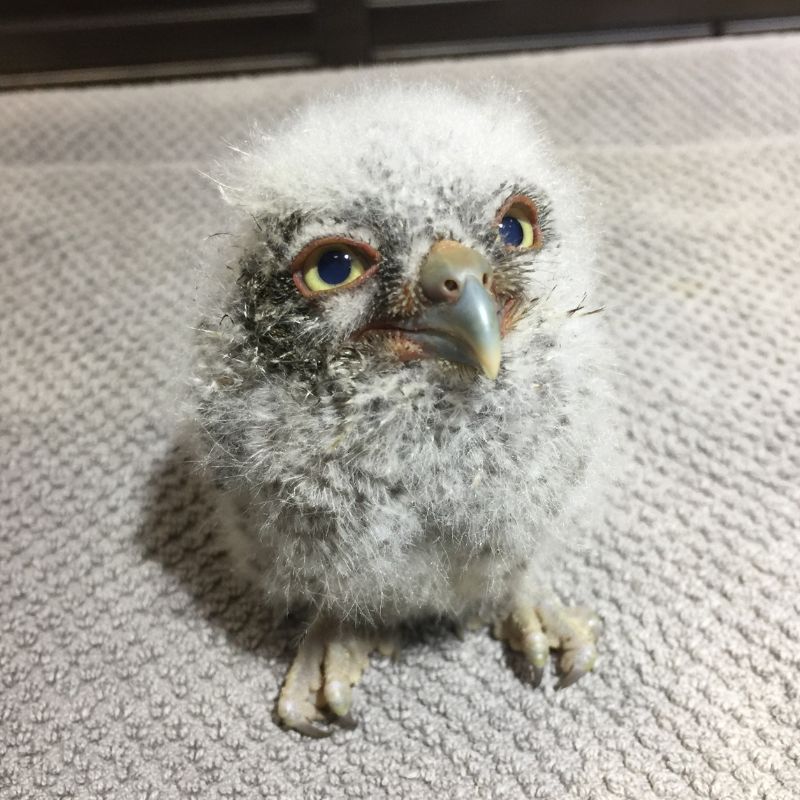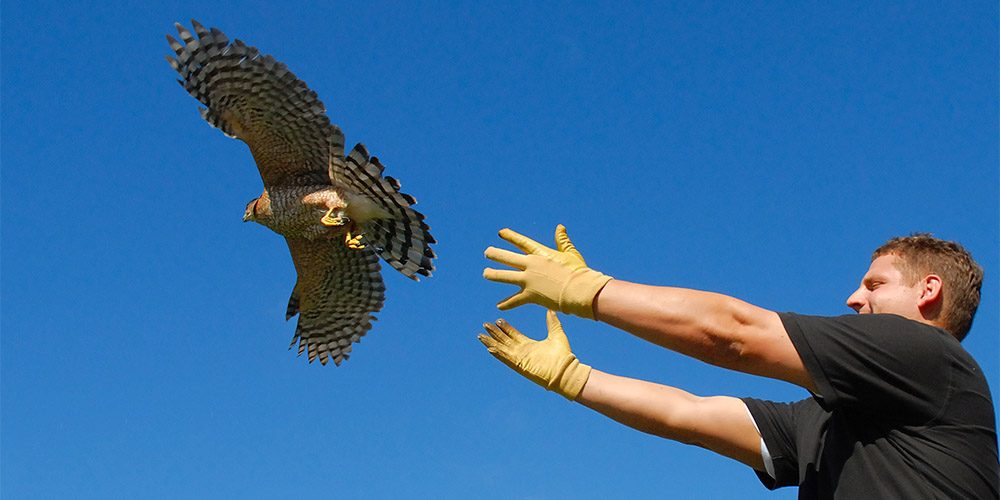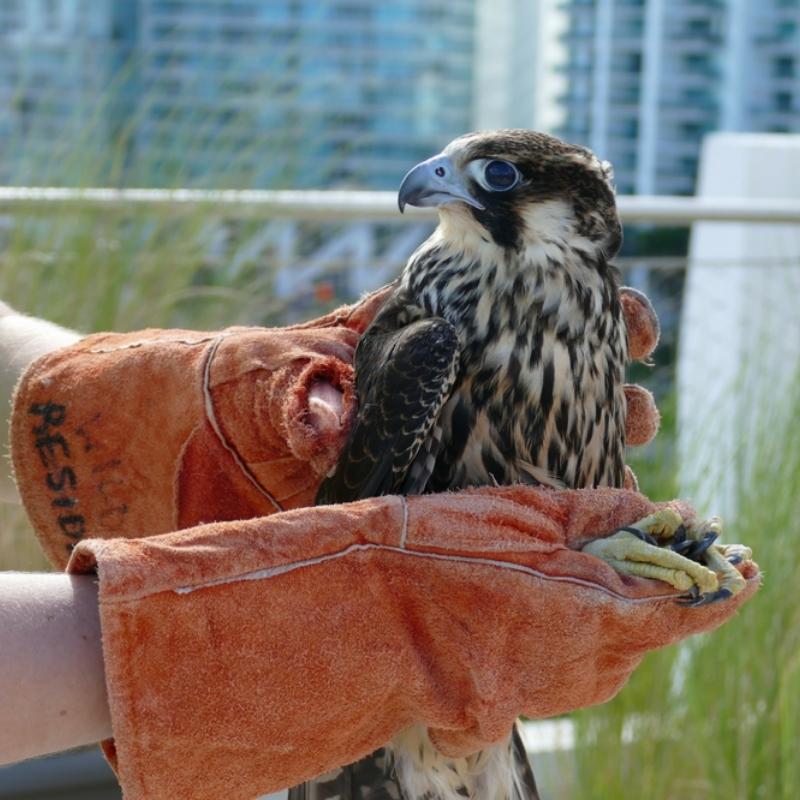The Falcon Batchelor Raptor Rehabilitation Center is dedicated to the rescue, rehabilitation and release of injured native and migratory birds and specializes in the care of Florida’s birds of prey.
We are currently undergoing an exciting relocation and renovation of this program! During this time, if you need information about how to help injured or orphaned wildlife, please call our hotline at 305-322-8887 between 8:00 a.m. and 4:00 p.m.
We look forward to accepting new patients again very soon, but if you need immediate assistance, the following local rehabilitation facilities will accept native and some non-native wildlife requiring help:
- Pelican Harbor Seabird Station accepts native birds and mammals. They are located at 1279 NE 79th Street, Miami, 33138; 305-751-9840.
- The South Florida Wildlife Center accepts all wildlife from Miami-Dade, Broward and Palm Beach counties. They are located at 3200 SW 4th Avenue, Fort Lauderdale, 33315; 954-524-4302.

Animal Tips
If you find a baby animal, it is generally best to leave it alone! The animal is usually not orphaned-in fact, the parents may be nearby looking for food or watching the baby. Monitor it over several hours or a day and be sure to call us for advice if you’re still concerned.
What to do if you find a baby bird?
Young birds need to exercise to learn to fly, but often end up on the ground, which can make them vulnerable to cats, dogs, raccoons, and other predators. Here’s the best way to help them get through this learning phase:
- Don’t panic! Look around-are the parents nearby? If they are, then you should leave the bird alone. Many baby birds fall to the ground during their first flight. Given time and care from their parents, they will soon be up and flying.
- No parents? Don’t worry! If the bird is covered with short, developing feathers, then it’s a fledgling. These juvenile birds should be put onto a high branch in their nesting tree or another tree nearby or put into bushes (or other cover) where they are less exposed to predators. Don’t worry about them “smelling like a human,” that’s a myth! Most birds have a very poor sense of smell and won’t be able to tell that you helped their baby.
- No feathers? Look for the nest. Sometimes baby birds are accidentally pushed out by siblings, or they just fall. If you find the nest, put the baby bird into it.
- No nest? Make one! Use a small open container (plastic is best) and place small holes in the bottom for drainage. Put your makeshift nest into the tree and secure it with bread ties or twine. You can then watch quietly at a distance for the parents.
- Still no luck? Call us for advice! If we are helping another animal, please leave a message and be patient. We will return your call as soon as possible.
- No worms! Please do not feed baby birds anything. The wrong diet or even water can make them very sick. If you must keep a baby bird overnight, place it in a small box and keep it in a warm, dark, quiet place away from pets or children until you are able to bring it for care. A heating pad on a low setting placed underneath half of the box can provide warmth. Transport the bird to a wildlife rehabilitation center as soon as possible or call us for advice.
Thank you for your kindness!

